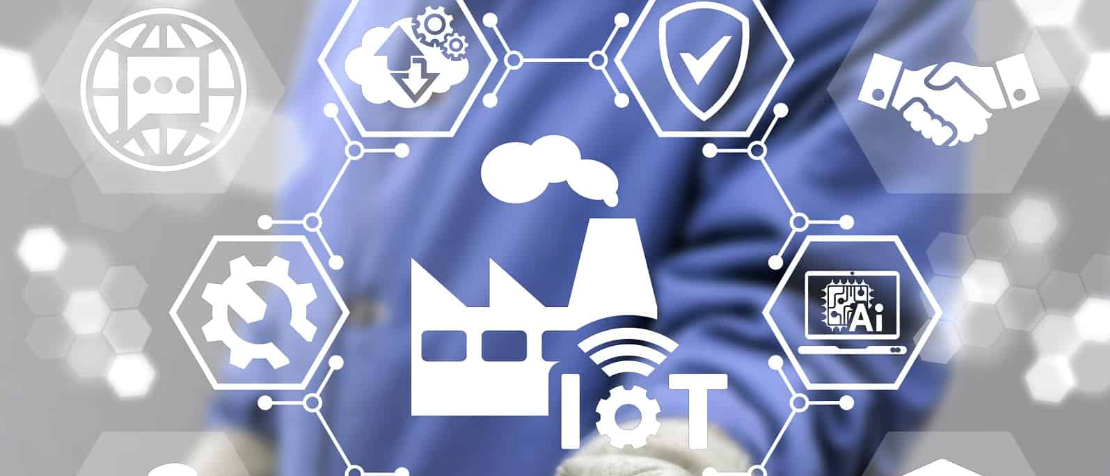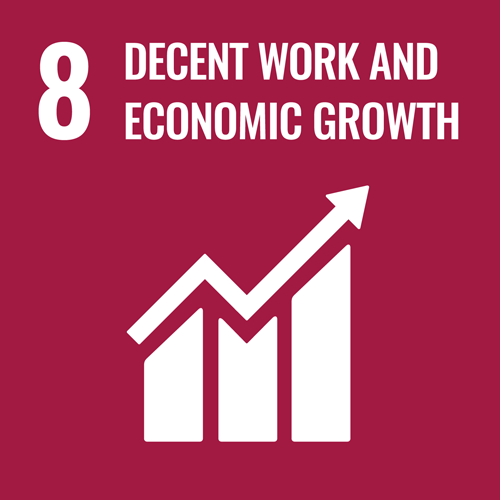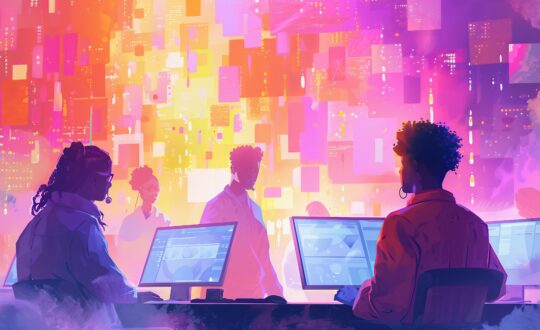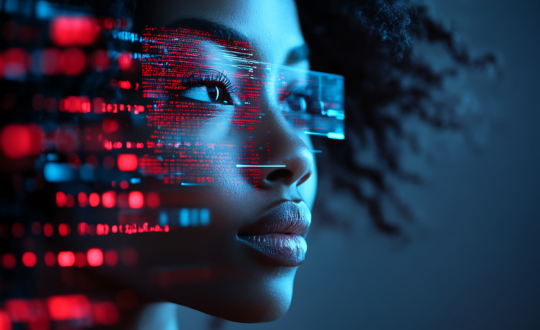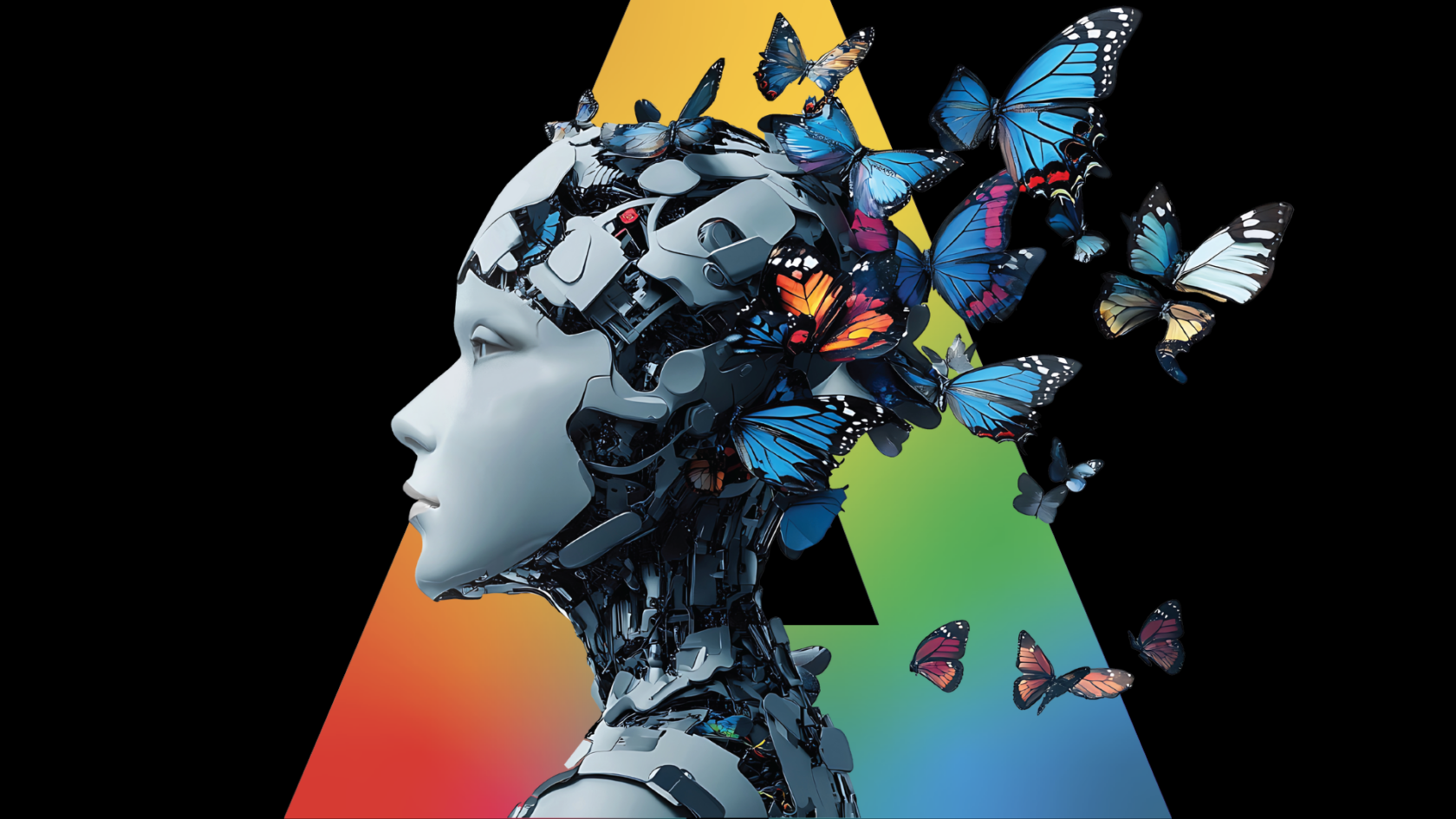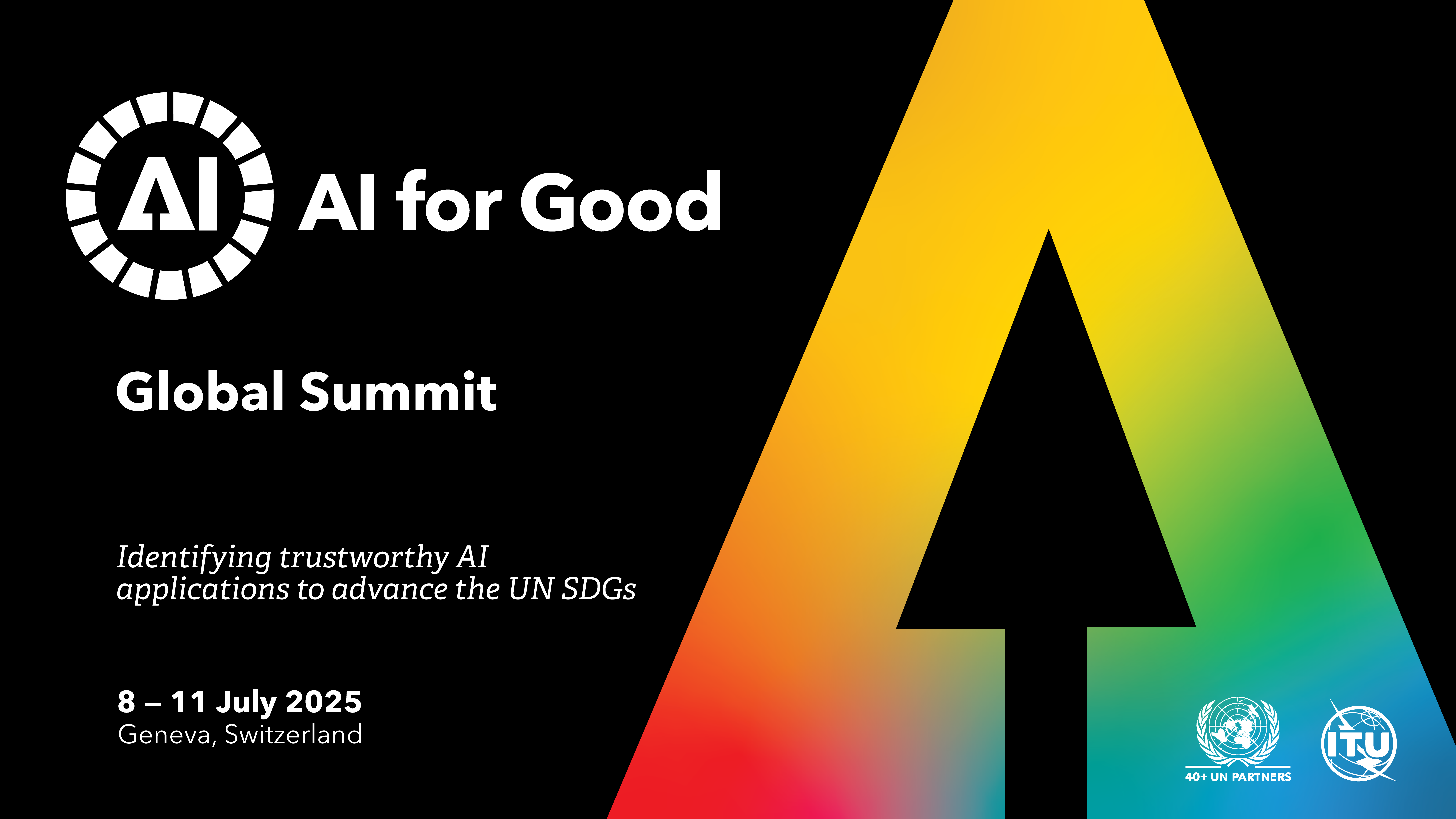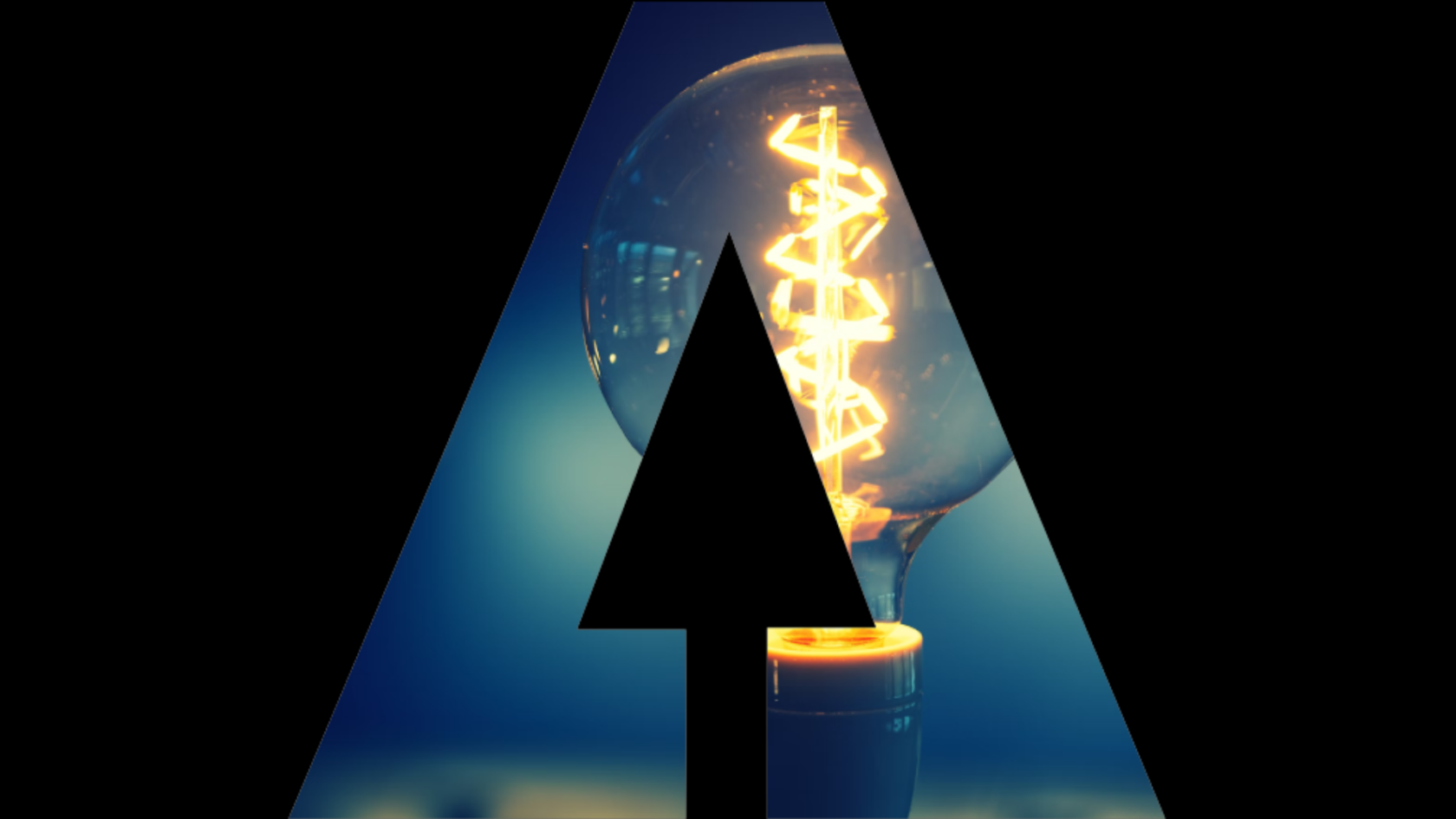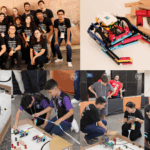Gone are the days of writer’s block. Today’s would-be songwriters now have a game-changing tool at their disposal — Artificial Intelligence (AI).
Many now view AI as a partner in music making, enhancing music, and leveling the playing field — enabling artists to experiment with music in ways that would have required working with multiple technical and musical collaborators as well as significant budgets in the past.
As a life-long drummer and student of music, I always took pride in the proverbial “10 000 hours” required to master a craft, thus creating a certain entry bar for would-be musicians.
At the same time, I probably wasted an equal amount of hours struggling with buggy recording software, expensive studios, and collaborating with a mixed bag of musicians (some amazing — some not so).
The prospect of a collaborative AI music partner has its appeals, but is using AI to make music simply cheating?
“Today’s would-be songwriters now have a game-changing tool at their disposal — Artificial Intelligence.”
Wireless
Prior to the invention of photography, realistic portraits and images of the world could only be produced by highly-skilled painters. Today, we take photography for granted and it is hard to imagine just how amazing it must have been to see a well-executed realistic painting in the 1800s. One could say that photography was one of the major triggers of the modern art movement, giving rise to creative geniuses like Vincent Van Gogh and Pablo Picasso. Without photography, perhaps modern art would never have existed.
What is the artist’s role now?
Could AI-generated music create a similar catalyst for a musical revolution? And if music creation is reduced to a mechanical process, then what is the artist’s role?



